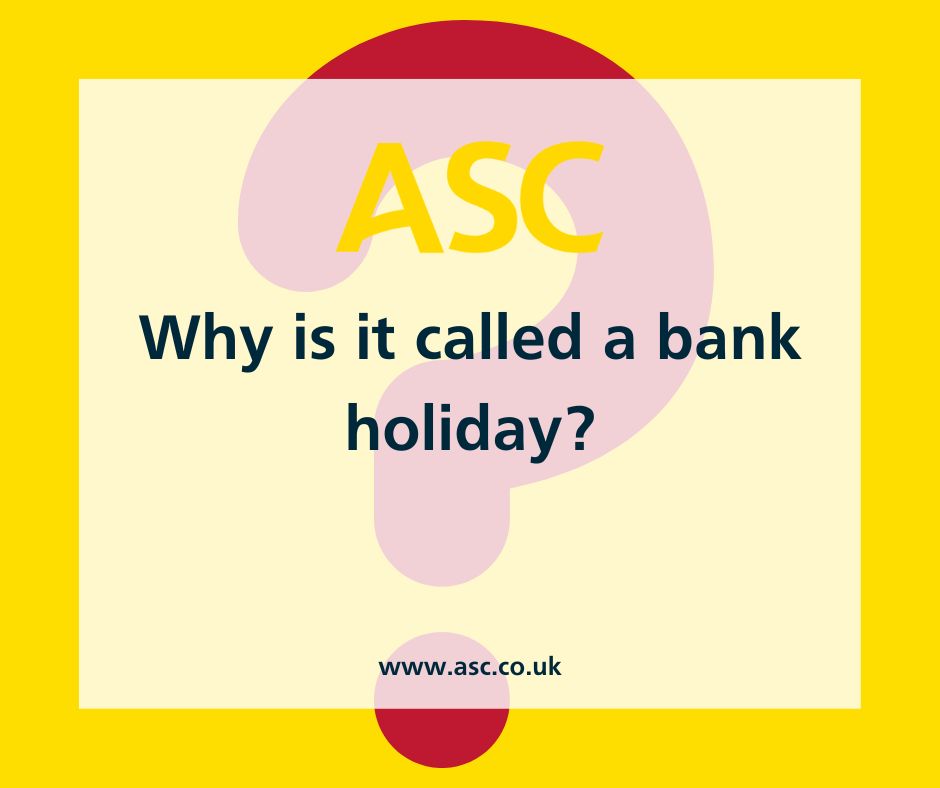Q: What are bank holidays?
A: Bank holidays are public holidays in the United Kingdom that are recognized by banks, government offices, and other businesses. They are days when most businesses and many shops are closed, and many people have the day off work.
Q: Why do we have bank holidays?
A: Bank holidays were originally introduced to give workers a day off from their jobs. In the past, many workers worked long hours and had little time off, so bank holidays provided a much-needed break.
Q: When did bank holidays first come about?
A: The first bank holiday in the UK was introduced in 1871. The Bank Holidays Act of that year created four bank holidays: Easter Monday, Whit Monday, the first Monday in August, and Boxing Day. The act was introduced by Sir John Lubbock, a Liberal MP who believed that workers needed more time off.
Q: Why were Easter Monday and Whit Monday chosen as bank holidays?
A: Easter Monday and Whit Monday were chosen as bank holidays because they were already recognized as holidays by many businesses and shops. They were also seen as a way to give workers a break after the busy Easter and Whitsun weekends.
Q: How many bank holidays are there in the UK?
A: In the UK, there are eight bank holidays each year. These are:
New Year’s Day
Good Friday
Easter Monday
May Day (first Monday in May)
Spring Bank Holiday (last Monday in May)
Late Summer Bank Holiday (last Monday in August)
Christmas Day
Boxing Day
Q: Why do we have an extra bank holiday this May?
A: This year, we have an extra bank holiday to celebrate the coronation of King Charles.
What are you doing with your bank holiday days this year? Let us know below.



